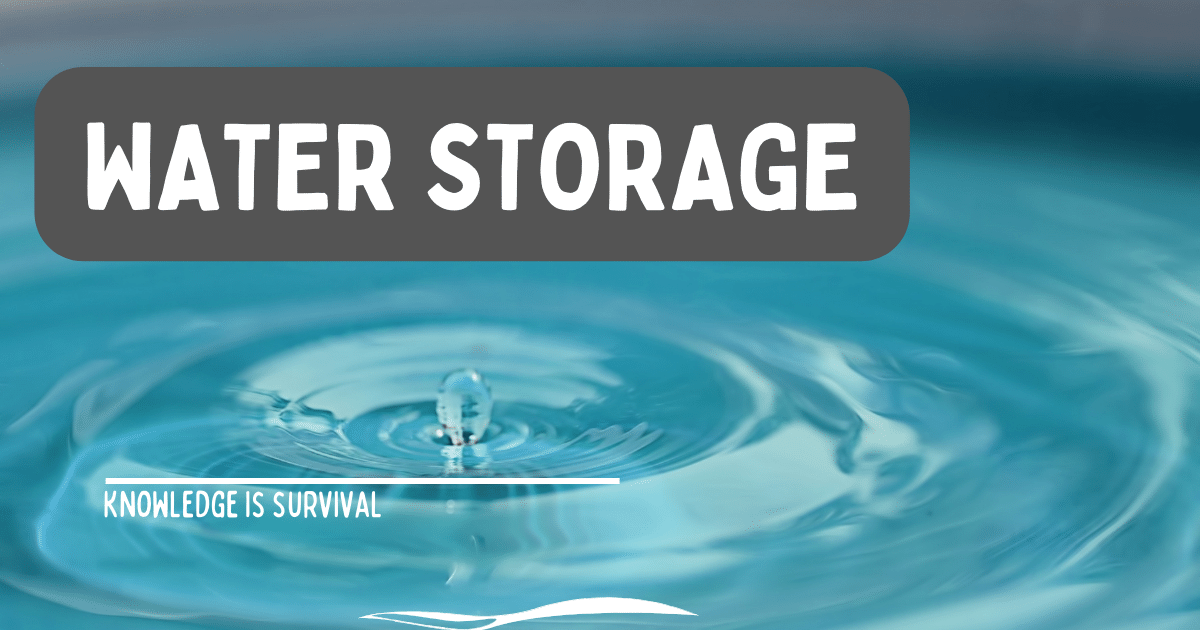In sparse conditions, access to clean drinking water can be a challenge. Whether camping in the wilderness or facing an emergency, it’s important to have a plan for storing and accessing safe drinking water. Fortunately, several smart ways to store drinking water can help ensure your hydration needs are met when resources are limited.
- Collect rainwater: During rainy seasons, collect rainwater in large containers or barrels. This water can be used for drinking and cooking purposes.
- Store water in clean containers: Use clean, food-grade plastic or glass containers. Avoid using metal containers as they may react with the water and contaminate it.
- Boil the water: If you are unsure about the quality of your stored water, boil it before consuming it to kill any harmful bacteria or viruses that may be present.
- Use a filtration system: Install a reliable system that removes impurities from the water, such as sediment, chlorine, and other contaminants.
- Add purification tablets: In emergency situations with no access to clean drinking water, use purification tablets that kill bacteria and viruses in the water.
- Rotate stored water regularly: To ensure the freshness of stored drinking water, rotate it every six months by emptying out old stock and refilling it with a fresh supply.
- Keep storage area clean: Ensure that your storage area is free from dust, dirt and debris, which could contaminate your stored drinking water supply over time.
Closing remarks
Storing drinking water in sparse conditions is essential for survival. By using these smart storage methods, you can increase your chances of having access to clean and safe drinking water when needed most. Always prioritise hydration and prepare before heading out on any outdoor adventure or during emergencies where clean water may not be readily available.

